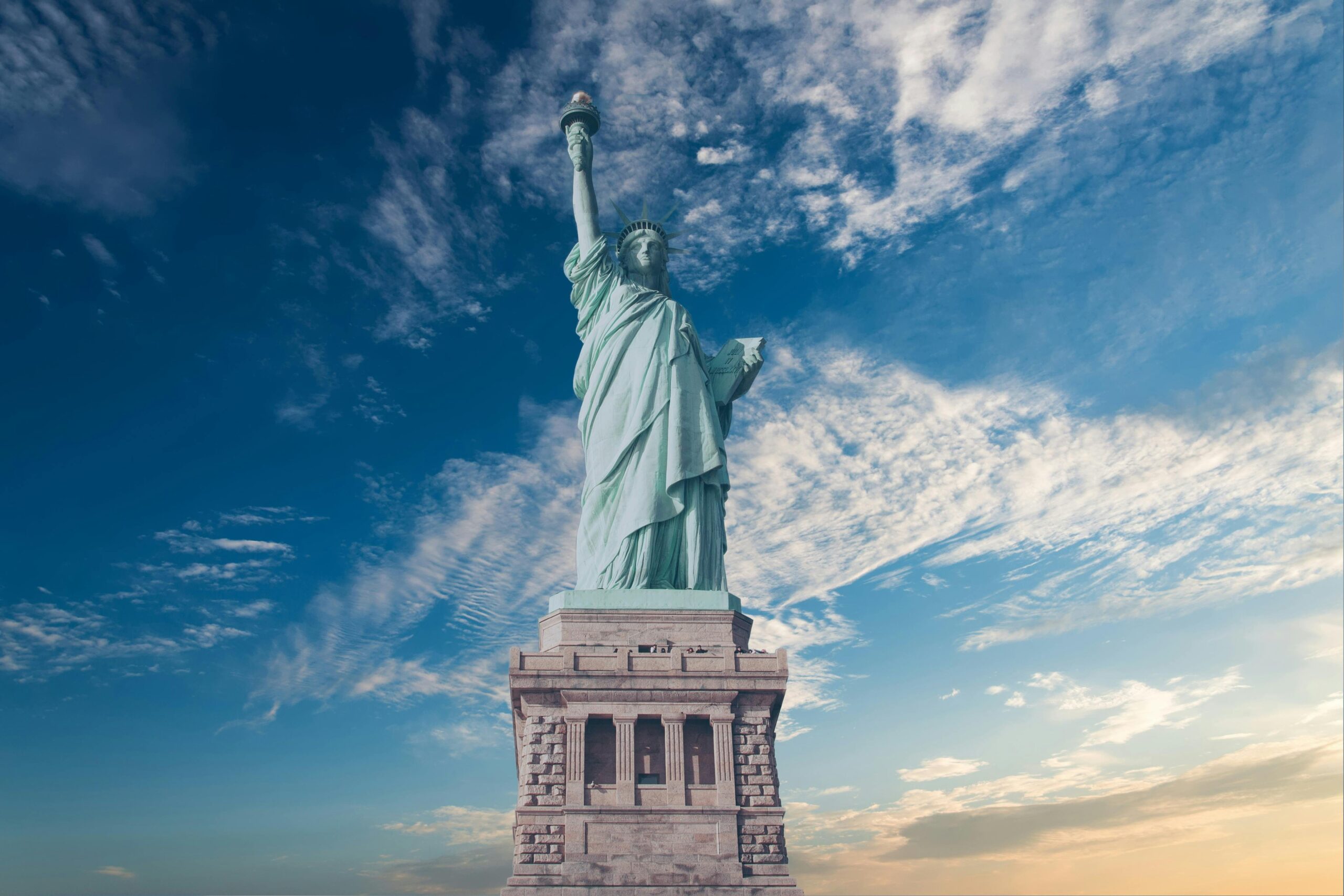The roots of American society are deeply intertwined with religious convictions. From the Puritans who sought religious freedom to the Great Awakenings that revitalized spiritual fervor, early American religious movements have played a pivotal role in shaping the nation’s identity. These movements did more than just influence the spiritual lives of their followers; they laid a foundation for social, political, and cultural developments that continue to reverberate today.
The Early Puritan Influence
The Puritans, who settled in New England in the early 17th century, sought to build a “city upon a hill,” a society that would reflect their religious ideals. Their belief in a covenantal relationship with God drove them to create a community governed by religious principles. This sense of mission and moral obligation not only influenced the governance of their colonies but also established a cultural emphasis on education, hard work, and community responsibility.
The Puritans’ focus on education was particularly impactful. They believed that everyone should be able to read the Bible, leading to the establishment of schools and universities, including Harvard College in 1636. This emphasis on literacy and learning laid the groundwork for a well-educated populace, a critical factor in the development of American democracy. Moreover, the Puritan work ethic, which valued diligence and discipline, became a cornerstone of the American identity, influencing the nation’s economic and social structures.
The Great Awakening: A Spiritual Revival with Social Implications
The First Great Awakening, a series of religious revivals in the 1730s and 1740s, marked a significant shift in American religious life. Preachers like Jonathan Edwards and George Whitefield stirred the emotions of large crowds, emphasizing personal piety and a direct relationship with God. This movement democratized religion by challenging the established churches and encouraging individuals to question religious authority and seek personal spiritual experiences.
The Great Awakening’s emphasis on individualism had profound social and political consequences. It fostered a sense of equality and a spirit of questioning that would later fuel the American Revolution. The revival’s message of spiritual equality resonated with the colonists’ growing discontent with British rule, contributing to a mindset that valued independence and self-determination.
Furthermore, the Great Awakening led to the proliferation of new denominations and the expansion of religious pluralism in America. This diversity of religious beliefs laid the foundation for the principle of religious freedom that would later be enshrined in the First Amendment of the U.S. Constitution. The movement’s impact on American religious life was long-lasting, creating a culture of religious diversity and tolerance that remains a defining characteristic of the nation.
The Second Great Awakening: Catalyzing Social Reform
The Second Great Awakening, which began in the late 18th century and continued into the early 19th century, was another powerful religious revival that left a lasting legacy. This movement emphasized the need for personal conversion and the responsibility of Christians to reform society. Leaders like Charles Finney and Lyman Beecher preached about the need for moral regeneration and inspired their followers to take action.
The Second Great Awakening was a catalyst for many social reform movements, including the abolition of slavery, temperance, and women’s rights. The revival’s message that all people are equal in the eyes of God provided a moral basis for challenging the institution of slavery. Abolitionist leaders, many of whom were motivated by their religious convictions, played a crucial role in the fight to end slavery in America.
Similarly, the temperance movement, which sought to curb the consumption of alcohol, and the early women’s rights movement were deeply influenced by the religious fervor of the Second Great Awakening. The revival inspired a generation of Americans to believe that they could, and should, work to improve society, leading to a wave of social activism that would shape the course of American history.
The Enduring Legacy of Early American Religious Movements
The religious movements of early America were more than just spiritual phenomena; they were transformative forces that shaped the nation’s identity, values, and institutions. From the Puritan emphasis on education and community responsibility to the Great Awakenings’ promotion of individualism, religious pluralism, and social reform, these movements laid the foundation for many of the principles that continue to define American society.
Today, the legacy of these early religious movements can be seen in the nation’s commitment to religious freedom, the ongoing importance of education, and the enduring belief in the possibility of social change. As America continues to navigate the complexities of the modern world, the foundational impact of its early religious movements remains a powerful testament to the enduring influence of faith on the American spirit.












Recent Comments